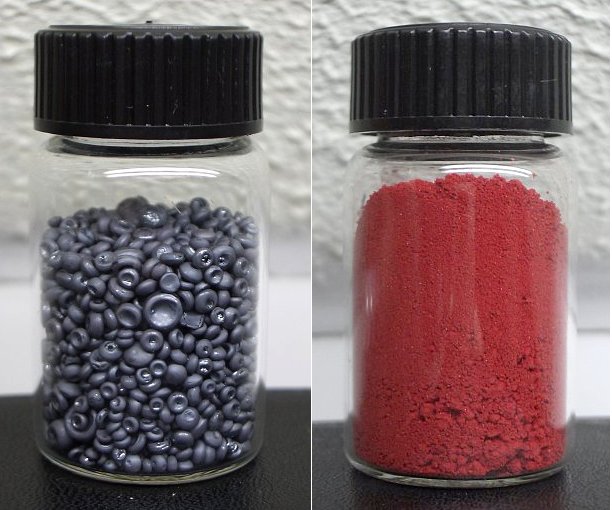Below are several references to documents about selenium - I have included short extracts in most cases. It is well worth reading at least some of them before supplementing with selenium.
Be aware that excess selenium is most definitely to be avoided.
Selenium
Fact Sheet for Consumers
What is selenium and what does it do?
Selenium is a nutrient that the body needs to stay healthy. Selenium is important for reproduction, thyroid gland function, DNA production, and protecting the body from damage caused by free radicals and from infection.
Table of Contents
What is selenium and what does it do?
How much selenium do I need?
What foods provide selenium?
What kinds of selenium dietary supplements are available?
Am I getting enough selenium?
What happens if I don't get enough selenium?
What are some effects of selenium on health?
Can selenium be harmful?
Are there any interactions with selenium that I should know about?
Selenium and healthful eating
Where can I find out more about selenium?
Disclaimer
ods.od.nih.gov/factsheets/S...
Selenium
Dietary Supplement Fact Sheet
Table of Contents
Introduction
Recommended Intakes
Sources of Selenium
Selenium Intakes and Status
Selenium Deficiency
Groups at Risk of Selenium Inadequacy
Selenium and Health
Health Risks from Excessive Selenium
Interactions with Medications
Selenium and Healthful Diets
References
Disclaimer
ods.od.nih.gov/factsheets/S...
Selenium
Selenium is a trace element that plays an important role in our immune system's function and in reproduction. It also helps to prevent damage to cells and tissues.
Good sources of selenium
Selenium is found widely in the environment. Good food sources include:
brazil nuts
fish
meat
eggs
How much do I need?
The amount of selenium you need is:
0.075mg a day for men [ that is, 75 micrograms ]
0.06mg a day for women [ that is, 60 micrograms ]
If you eat meat, fish or nuts, you should be able to get all the selenium you need from your daily diet.
What happens if I take too much selenium?
Too much selenium causes selenosis – a condition that, in its mildest form, can lead to loss of hair, skin and nails.
What does the Department of Health advise?
You should be able to get all the selenium you need by eating a varied and balanced diet including meat, fish or nuts. If you take selenium supplements, it's important not to take too much, because this could be harmful.
Taking 0.35mg [ that is, 350 micrograms ] or less a day of selenium supplements is unlikely to cause any harm.
nhs.uk/Conditions/vitamins-...
[ The above has been edited to add amounts in micrograms - which seem easier than decimal fractions. ]
Selenium
Selenium is a chemical element with symbol Se and atomic number 34. It is a nonmetal with properties that are intermediate between those of its periodic table column-adjacent chalcogen elements sulfur and tellurium. It rarely occurs in its elemental state in nature, or as pure ore compounds. Selenium (Greek σελήνη selene meaning "Moon") was discovered in 1817 by Jöns Jacob Berzelius, who noted the similarity of the new element to the previously known tellurium (named for the Earth).
Selenium is found in metal sulfide ores, where it partially replaces the sulfur. Commercially, selenium is produced as a byproduct in the refining of these ores, most often during production. Minerals that are pure selenide or selenate compounds are known, but are rare. The chief commercial uses for selenium today are in glassmaking and in pigments. Selenium is a semiconductor and is used in photocells. Uses in electronics, once important, have been mostly supplanted by silicon semiconductor devices. Selenium continues to be used in a few types of DC power surge protectors and one type of fluorescent quantum dot.
Selenium salts are toxic in large amounts, but trace amounts are necessary for cellular function in many organisms, including all animals. Selenium is an ingredient in many multivitamins and other dietary supplements, including infant formula. It is a component of the antioxidant enzymes glutathione peroxidase and thioredoxin reductase (which indirectly reduce certain oxidized molecules in animals and some plants). It is also found in three deiodinase enzymes, which convert one thyroid hormone to another. Selenium requirements in plants differ by species, with some plants requiring relatively large amounts, and others apparently requiring none.[4]
